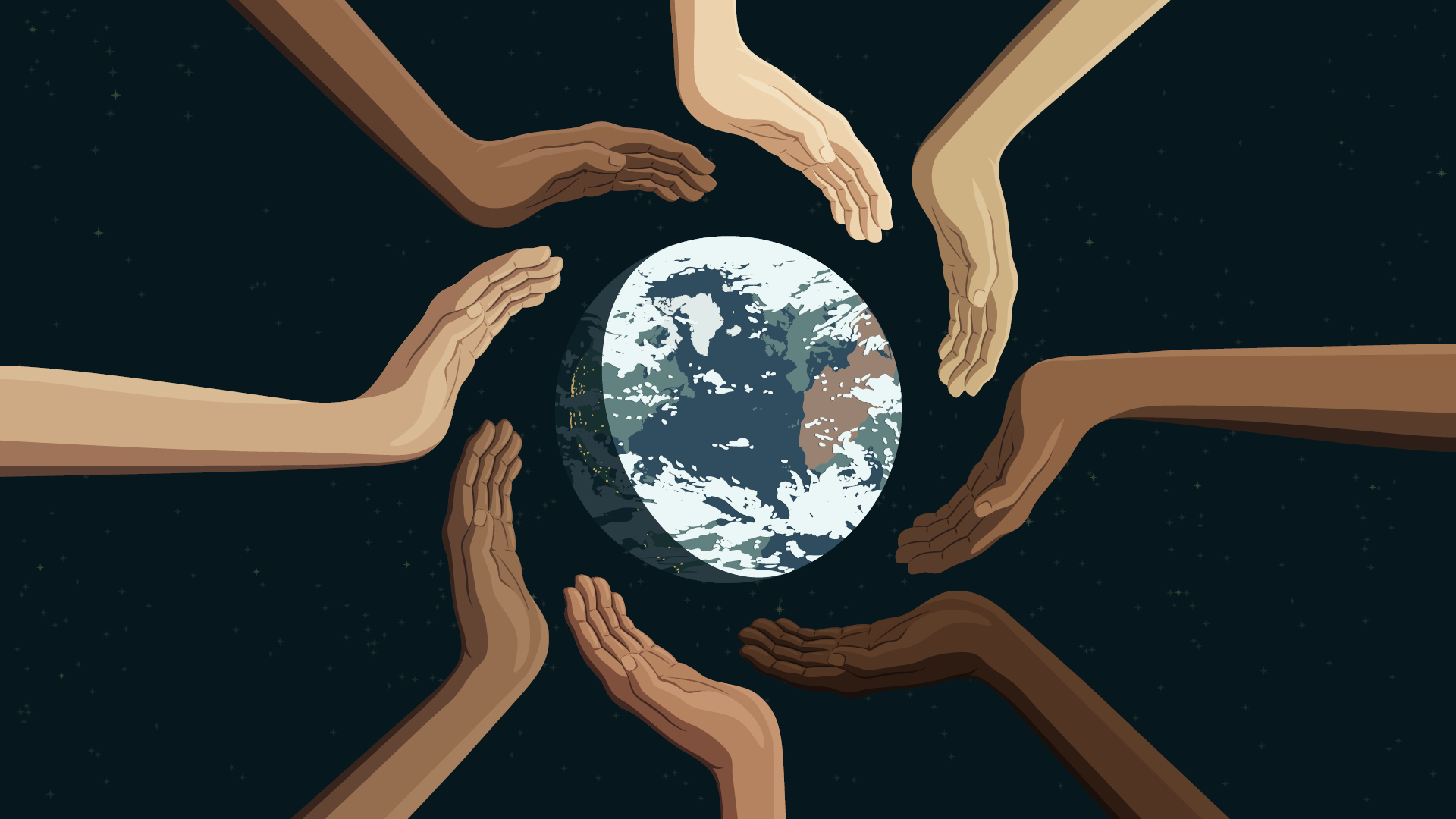Hear from Lt. Governor Mandela Barnes, Secretary of Safety and Professional Services Dawn Crim and other experts April 20
CONTACT:
Jeanan Yasiri Moe
Director of Strategic Communications
[email protected] | (608) 960-9892
MADISON, Wis. – What do we gain when we include diverse communities in the conversation on climate change? And what do we lose when we don’t? On Tuesday, April 20, at 7 p.m., scientists, engineers, experts and leaders from diverse backgrounds – including Wisconsin Lt. Governor Mandela Barnes – bring their perspectives to the state of the regional, national and global conversation about climate change at a virtual Crossroads of Ideas discussion moderated by Dawn Crim, Secretary of the Wisconsin Department of Safety and Professional Services.
Sign up to receive the webinar link.
Crim says, “The past year has revealed in stark terms what many of us already knew: Every crisis disproportionately affects people, communities and businesses of color. It is possible to reverse these patterns of inequity, but to do that we need to be intentional. We must work with and listen to the people, communities and businesses we seek to help.”
The April 20 webinar will feature:
- Wisconsin Lieutenant Governor Mandela Barnes
- Andrew Curley, University of Arizona
- Dorothy Lsoto, Nelson Institute for Environmental Studies
- Yaa Oparebea Ampofo, Educational Policy Studies
- Yiying Xiong, Great Lakes Bioenergy Research Center
The Crossroads of Ideas program is a public lecture series that addresses vital social science topics. The series generally is held in-person at the Discovery Building on the UW–Madison campus. More at discovery.wisc.edu/crossroads.
“In recognition of Earth Day and of the many challenges diverse communities are facing due to climate change, we are honored to be able to convene this panel of leaders, experts and researchers to hear perspectives that are vital to understanding the manifold crises upon us,” says Laura Heisler, WARF’s director of programming.
About WARF
The Wisconsin Alumni Research Foundation (WARF) helps steward the cycle of research, discovery, commercialization and investment for the University of Wisconsin–Madison. Founded in 1925 as an independent, nonprofit foundation, WARF manages more than 2,000 patents and an investment portfolio as it funds university research, obtains patents for campus discoveries and licenses inventions to industry. For more information, visit warf.org.
###
